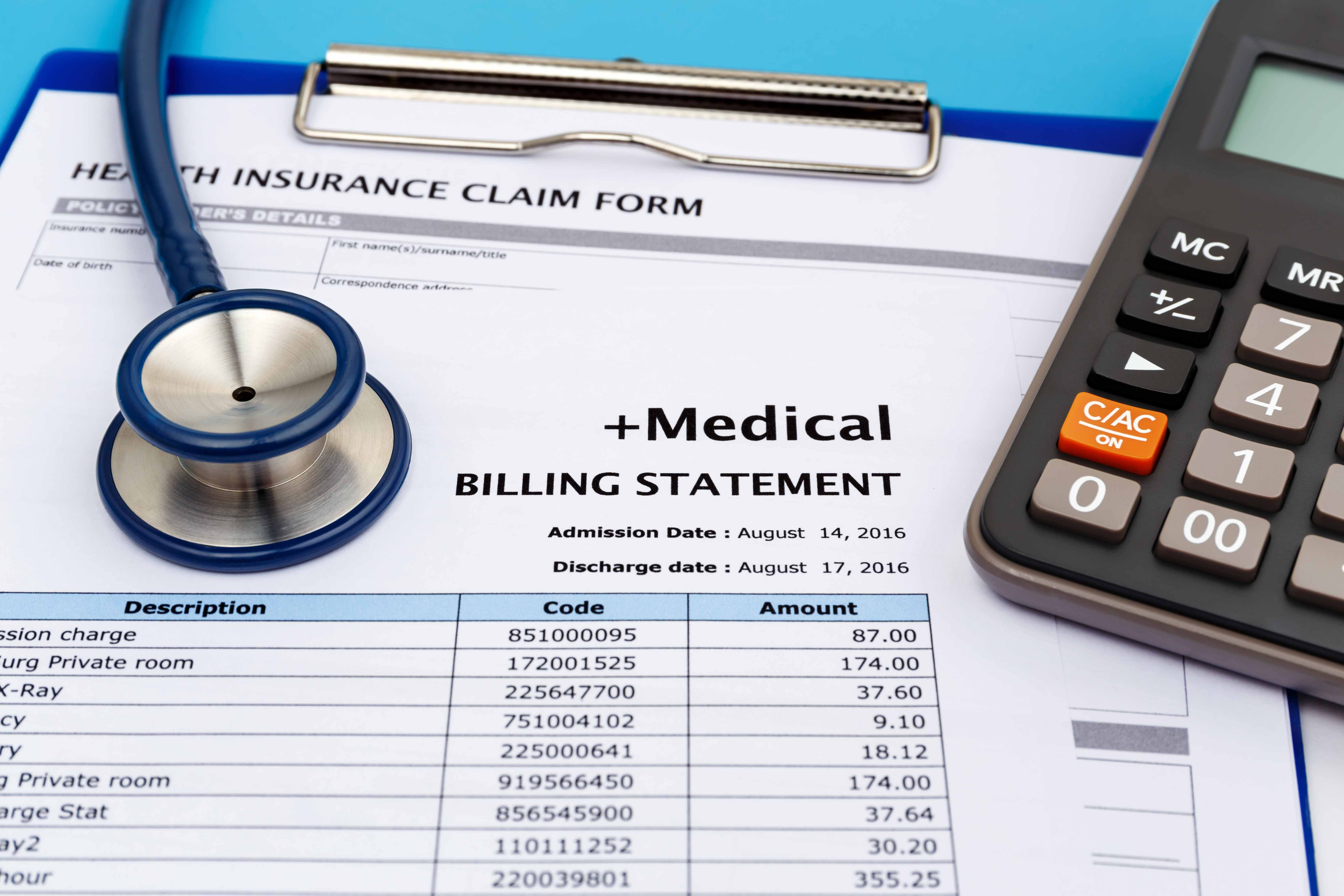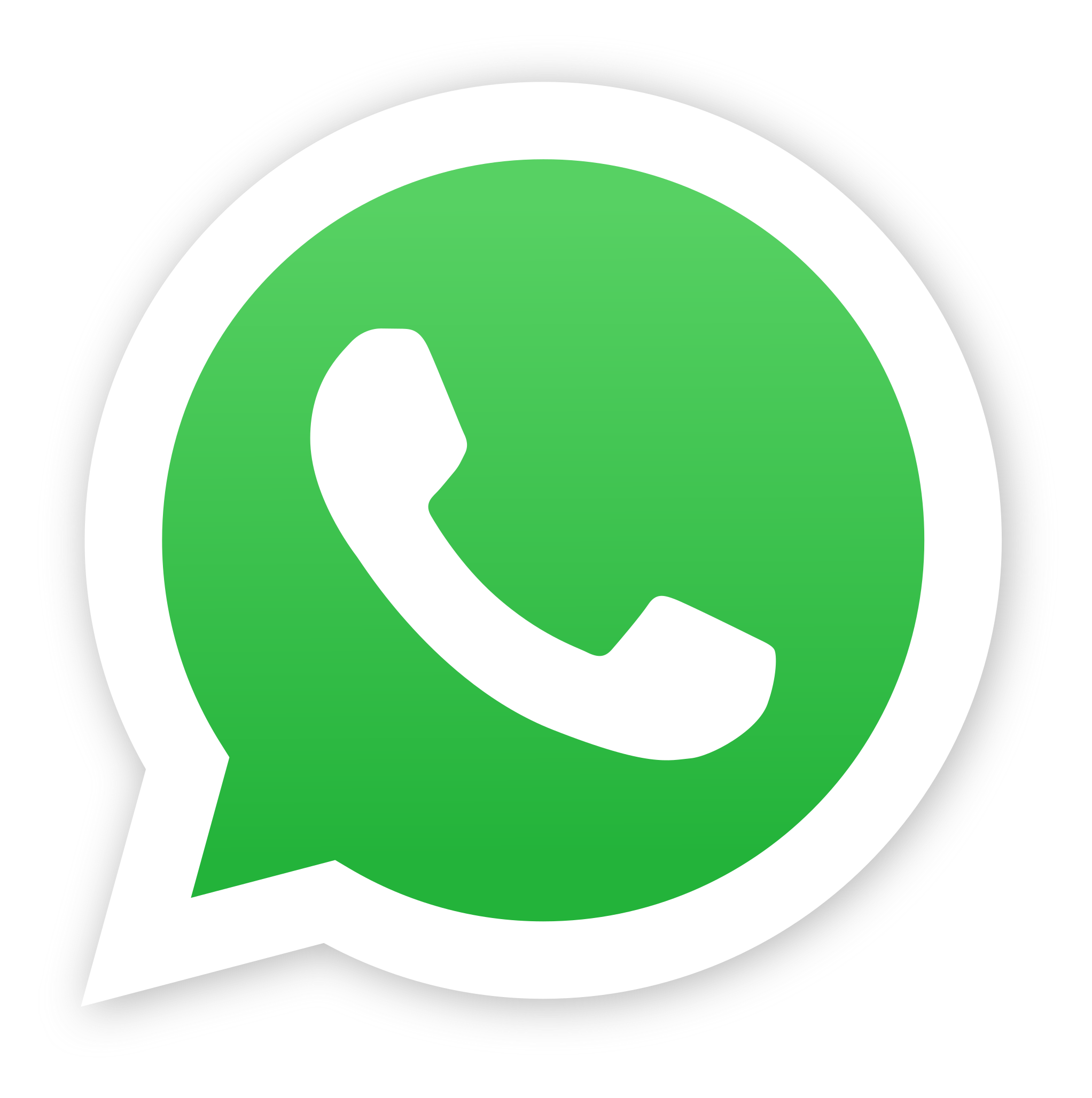Medical Billing:
Medical billing is the process of submitting and following up on claims with health insurance companies or other third-party payers to receive payment for medical services provided to patients. It involves translating the details of patient encounters, diagnoses, and procedures into standardized codes (such as CPT and ICD-10 codes) and submitting these coded claims to insurance companies or payers for reimbursement.



